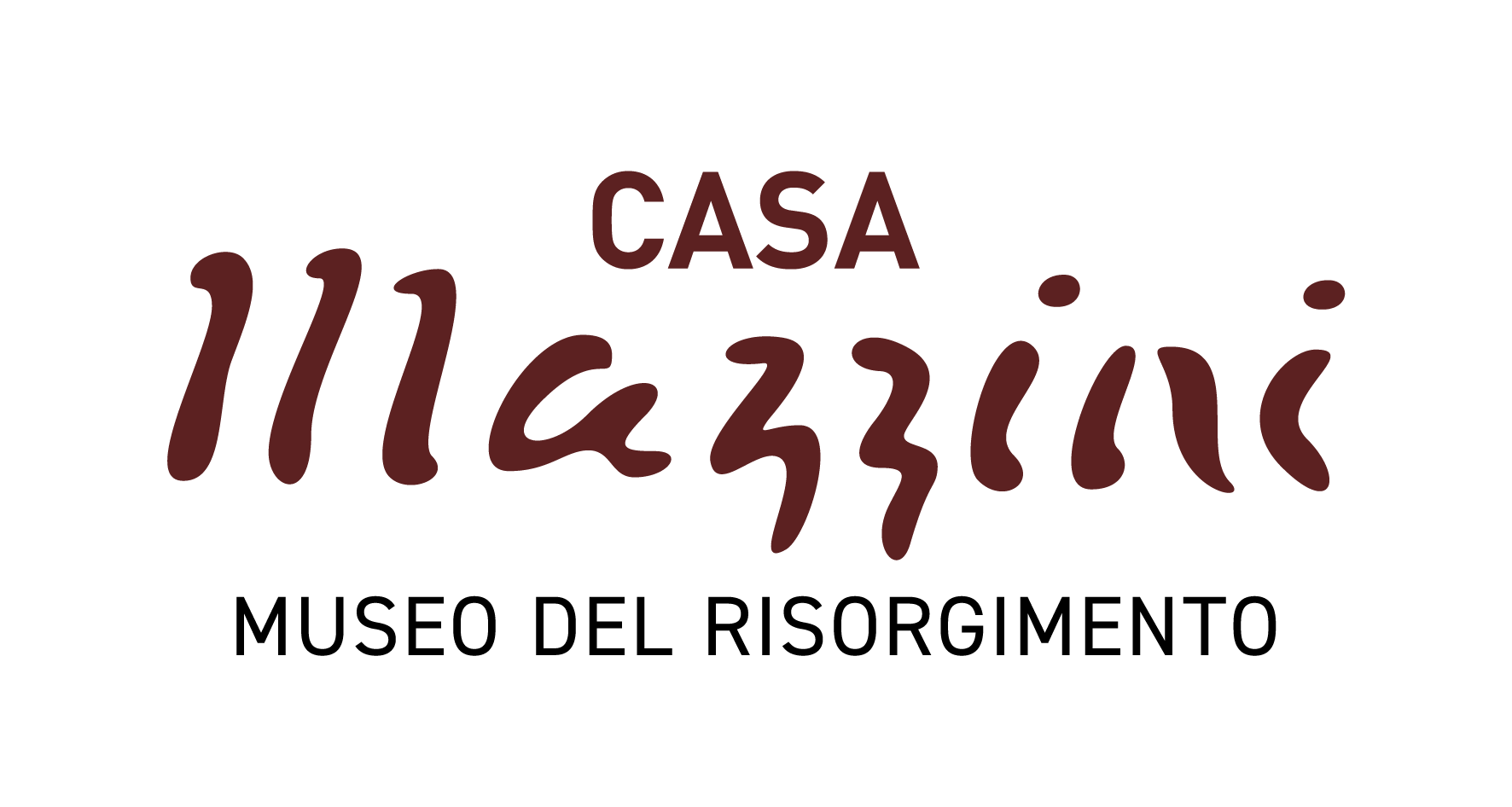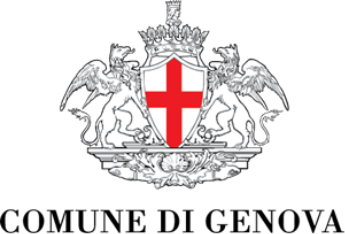In the very rich correspondence of Giuseppe Mazzini there is an unusual key to understanding the personality of a man and his deep connection with his distant homeland. In his letters to his mother during his long years of exile he used to write about food, comparing the Genoese tradition with his life in Switzerland and England. Consistent with his moral austerity he was park and moderate, but a great consumer of coffee, which he usually consumed accompanied by an inevitable cigar. Equally he did not disdain sweets, such as the almond cake that he had tasted as an exile in Switzerland, and whose recipe is contained in a letter to his mother, which has become known and sold today as "Mazzini's Cake": [...] Before forgetting me, I want to fulfill my promise and satisfy my whim. Here is the recipe for that dessert that I would like you to make and try, because I like it
very much. I translate as best I can, because I don't know about cooking things, one of the girls in bad French tells me: three ounces of (peeled) ground almonds, three ounces of sugar, rubbed first with a lemon, finely ground. Take the lemon juice, then two egg yolks, mix all this, and stir, beat everything for a few minutes, then, beat the two egg whites as much as you can: en neige, she says, like snow - throw these also into the great mixture - go back to work. Grease a tourtière, i.e. a cake dish, with fresh butter, cover the bottom of the tourtière with puff pastry, place the mixture on the dish, on this layer of puff pastry, sprinkle sugar on top, and cook everything in the oven. Do you understand? God knows. Then you will tell me the results: in the meantime, laugh. Grenchen, December 28, 1835. In his letters Mazzini repeatedly mentions the culinery customs of the different countries in which he lived during his long years of exile, expressing his preferences; in Switzerland he ate lake fish and preferred a potato dish, but did not like local soups, regretting the Genoese minestrone, as well as the characteristic Lagaccio biscuits. In London he longed for his Genoese breakfasts with sage focaccia and asked at home for the recipe for the "Pasqualina cake"; he didn't like chicken and writing to his mother he complained that he had walked a long way through the mud - to save money - about eight miles, round trip, only to reach the house of a publisher who had invited him to lunch and he had been forced to eat just the unwelcome chicken!
Giuseppe Garibaldi, Spartan in his habits, had simple tastes and frugal habits also in terms of food; he preferred the flavours of Genoese cuisine, in particular soup, soups with vegetables and legumes, stockfish and cod, but he also liked meat cooked on a grill, according to the typically South American use, a legacy of his youth spent in Brazil. Even in desserts he had simple tastes: it seems that the sailor's cakes with raisins, which inspired the so-called "Garibaldi Biscuits", still sold in England today, were his favourite dessert and he liked very much, like Mazzini, Lagaccio biscuits, which were sent directly from Genoa. He did not drink wine, but fresh water or tea and the infusion "mate", in the summer he quenched his thirst by drinking the excellent barley water, prepared with island almonds. In her book “My Father”, Clelia, daughter of the Hero and his last wife, Francesca Armosino, recalling various happy moments in Caprera with her famous father when she was a child, mentions among other things, some of Garibaldi's favourites: Genoese minestrone with pesto, stockfish or cod in "brandade" and churrasco, a typical dish of the Brazilian pampas. On his table there was always fresh fish, caught in the clear waters of the island, fried or cooked according to the flavoursome Nicoise bouillabaisse recipe, pecorino cheese, pickled olives, fried octopus with tomato, shrimp and sea urchins, freshly caught by his daughter Clelia.




